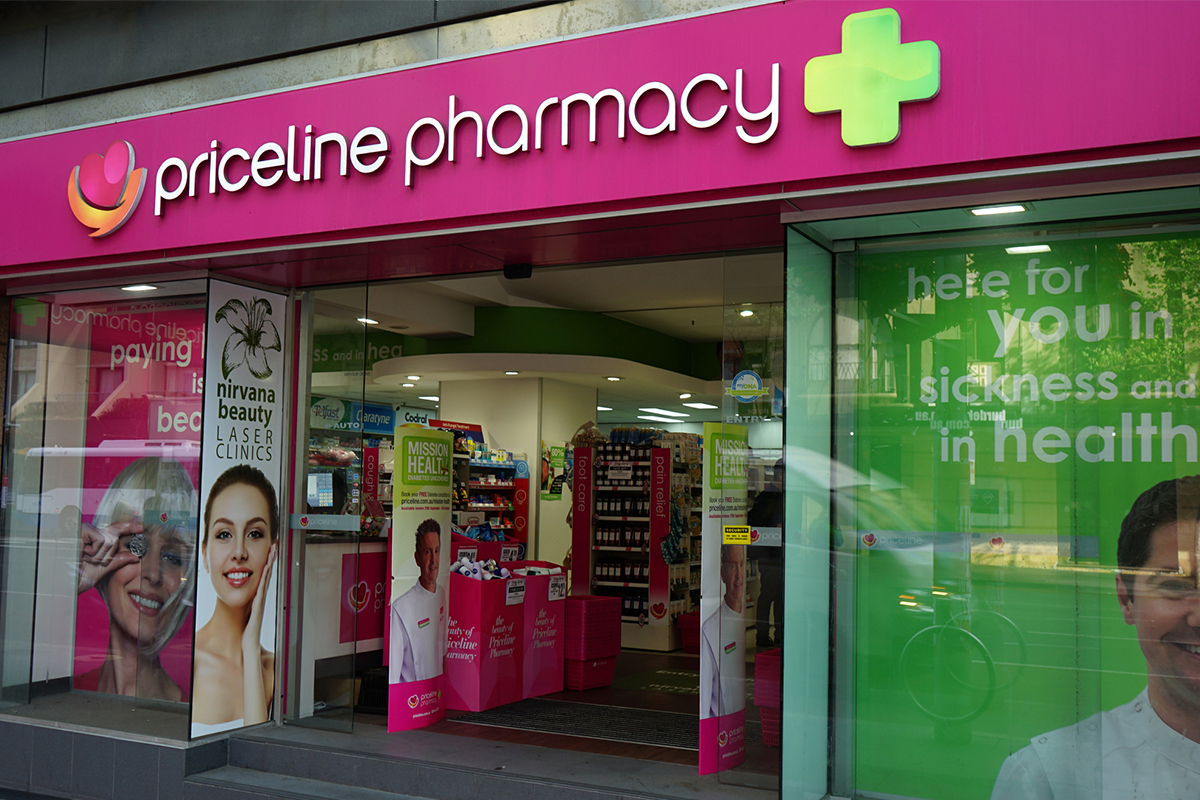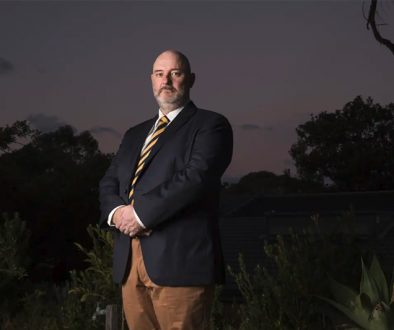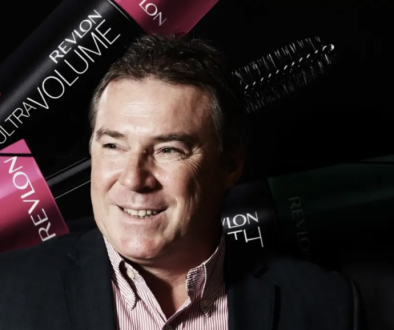
High stakes in Priceline pharmacy fight
Pharmacy giant Priceline is facing a class action from franchisees in what is shaping up as an epic battle challenging the foundations of the $21bn-a-year industry.
In one corner, Australian Pharmaceutical Industries, the nation’s biggest distributor of pharmaceutical products and owner of more than 400 Priceline outlets, with annual revenues of $4bn.
In the other, angry Priceline franchisees that claim they’ve been ripped off by unfair and unlawful business practices, backed by silk Ron Merkel QC.
At stake: decades-old rules that say only pharmacists can own and control their own pharmacies, now widely circumvented by the discount kings through complex ownership structures.
Almost every state has public-interest legislation to preserve the independence of pharmacists, rendering void any arrangement that gives a non-pharmacist ownership or control of the business, or a share of the profits.
The Priceline franchisees claim parent company API exerts an unacceptable level of control over their business in breach of state legislation. They say crippling franchise agreements inhibit their ability to maximise profitability, require them to pay unfair fees and provide API with an undeserved benefit.
“The law isn’t particularly ambiguous and it’s offended by this structure, quite patently,” class action specialist Stewart Levitt of Levitt Robinson Solicitors said.
The high-stakes lawsuit will be led by Mr Merkel QC, a former Federal Court judge, but the class action has wider implications for Australia’s 5700 pharmacies.
Big chains like Priceline, Amcal, Blooms, Terry White, Ramsay Health Care and Chemist Warehouse have used complex corporate structures to bypass ownership restrictions — loopholes now under threat.
The Priceline franchise agreements contain several provisions that are unlawful, Mr Levitt argues, by requiring pharmacists to stock products only determined by the company, order only through API and price items as determined by Priceline.
Franchisees have to pay 6 per cent distribution fees on some products sold at a retail price fixed by Priceline, and a further 3 per cent of the proceeds from Priceline’s Sister Club loyalty program. They say they were sometimes forced to sell product at such low margins they made a loss after credit card fees and Sister Club fees.
One lead applicant in the case will be Jenny Lemon, a pharmacist for 47 years. Ms Lemon, 69, has owned an independent pharmacy in Frenchs Forest in Sydney’s north, for more than 30 years. In 2013, she and her son Chris, also a pharmacist, opened a Priceline franchise in Sydney’s Central Park and two years later bought another in beachside Manly.
When they compared the profitability of the independent store with the two Priceline franchises, they were shocked. Not only were they not getting the bulk-buying benefits they expected, they were often paying more. “When we would do deals for our little independent pharmacy, we were getting better prices; how do you work that out,” Ms Lemon said.
Priceline declined to address specific allegations it had breached laws relating to ownership and control of pharmacies, but noted franchisees had advertised since May of an imminent class action.
“As of today, there is still no class action against Priceline,” said Priceline general manager Andrew Vidler.
Priceline would “protect the brand and business,” he said.

High stakes in Priceline pharmacy fight
Pharmacy giant Priceline is facing a class action from franchisees in what is shaping up as an epic battle challenging the foundations of the $21bn-a-year industry.
In one corner, Australian Pharmaceutical Industries, the nation’s biggest distributor of pharmaceutical products and owner of more than 400 Priceline outlets, with annual revenues of $4bn.
In the other, angry Priceline franchisees that claim they’ve been ripped off by unfair and unlawful business practices, backed by silk Ron Merkel QC.
At stake: decades-old rules that say only pharmacists can own and control their own pharmacies, now widely circumvented by the discount kings through complex ownership structures.
Almost every state has public-interest legislation to preserve the independence of pharmacists, rendering void any arrangement that gives a non-pharmacist ownership or control of the business, or a share of the profits.
The Priceline franchisees claim parent company API exerts an unacceptable level of control over their business in breach of state legislation. They say crippling franchise agreements inhibit their ability to maximise profitability, require them to pay unfair fees and provide API with an undeserved benefit.
“The law isn’t particularly ambiguous and it’s offended by this structure, quite patently,” class action specialist Stewart Levitt of Levitt Robinson Solicitors said.
The high-stakes lawsuit will be led by Mr Merkel QC, a former Federal Court judge, but the class action has wider implications for Australia’s 5700 pharmacies.
Big chains like Priceline, Amcal, Blooms, Terry White, Ramsay Health Care and Chemist Warehouse have used complex corporate structures to bypass ownership restrictions — loopholes now under threat.
The Priceline franchise agreements contain several provisions that are unlawful, Mr Levitt argues, by requiring pharmacists to stock products only determined by the company, order only through API and price items as determined by Priceline.
Franchisees have to pay 6 per cent distribution fees on some products sold at a retail price fixed by Priceline, and a further 3 per cent of the proceeds from Priceline’s Sister Club loyalty program. They say they were sometimes forced to sell product at such low margins they made a loss after credit card fees and Sister Club fees.
One lead applicant in the case will be Jenny Lemon, a pharmacist for 47 years. Ms Lemon, 69, has owned an independent pharmacy in Frenchs Forest in Sydney’s north, for more than 30 years. In 2013, she and her son Chris, also a pharmacist, opened a Priceline franchise in Sydney’s Central Park and two years later bought another in beachside Manly.
When they compared the profitability of the independent store with the two Priceline franchises, they were shocked. Not only were they not getting the bulk-buying benefits they expected, they were often paying more. “When we would do deals for our little independent pharmacy, we were getting better prices; how do you work that out,” Ms Lemon said.
Priceline declined to address specific allegations it had breached laws relating to ownership and control of pharmacies, but noted franchisees had advertised since May of an imminent class action.
“As of today, there is still no class action against Priceline,” said Priceline general manager Andrew Vidler.
Priceline would “protect the brand and business,” he said.



